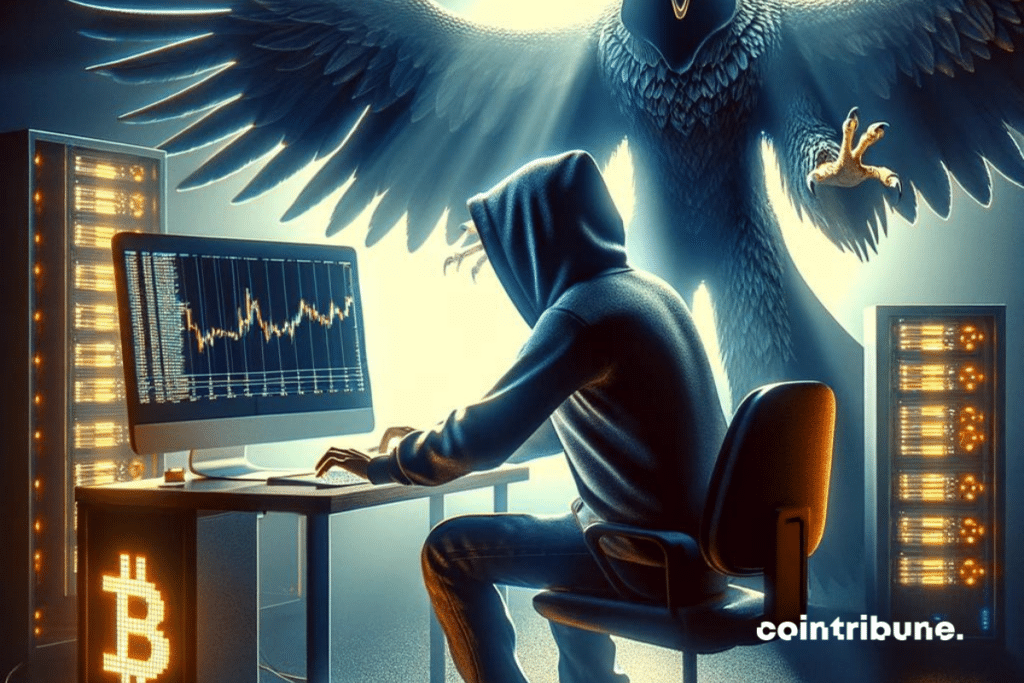Bitcoin: Miners attacked by the United States. An abuse of power!
Bitcoin stands at a crossroads between technological innovation and government regulation. Recently, a new controversy has erupted, placing BTC miners at the center of a battle with the U.S. government.

The Controversial Inquiry
At the heart of the controversy is the U.S. Department of Energy’s decision to initiate a mandatory investigation into bitcoin miners. This initiative, described by some as an “abuse of power,” aims to collect data on energy consumption related to crypto mining.
According to the Energy Information Administration, this move follows alarming findings: bitcoin mining could account for up to 2.3% of the total electricity consumption in the United States by 2023.
The government justifies its action by the need to obtain accurate information on the environmental impact of this industry.
However, voices within the mining community and some industry groups are raising concerns about excessive and politically motivated interference intended to hinder the development of the bitcoin sector under the guise of environmental concerns.
Between Innovation and Regulation of Bitcoin
Bitcoin mining is an energy-intensive activity, but it is also at the forefront of technological innovation. Bitcoin miners claim to play a crucial role in stabilizing power grids, by adjusting their consumption according to needs. This helps to reduce stress on the system during critical periods.
This ability to dynamically adapt offers an alternative view of mining, not as a threat, but as a potential asset for energy management.
The tension between the necessity to innovate and the need to regulate is palpable. On one side, there’s an undeniable ecological imperative, with legitimate concerns about CO2 emissions and the environmental impact of mining. On the other, there’s an expanding industry, promising in terms of technological advancements and economic contributions.
The central question of this debate goes beyond the scope of the Department of Energy’s investigation. It touches on the capacity of the bitcoin industry to evolve towards more sustainable practices without stifling innovation.
Critics of the investigation underline the importance of finding a balance between necessary oversight and support for the bitcoin industry. They call for collaboration rather than confrontation. Indeed, they suggest that the goals of reducing greenhouse gas emissions and economic development are not mutually exclusive.
The response from the EIA, which expresses its desire to collaborate with industry stakeholders to inform the public about energy consumption related to bitcoin, holds out the possibility for constructive dialogue. Yet the path to consensus is fraught with obstacles, reflecting the broader challenges facing modern societies in their quest for sustainability. Meanwhile, Microstrategy faces more volatility.
Maximize your Cointribune experience with our "Read to Earn" program! For every article you read, earn points and access exclusive rewards. Sign up now and start earning benefits.

Fascinated by Bitcoin since 2017, Evariste has continuously researched the subject. While his initial interest was in trading, he now actively seeks to understand all advances centered on cryptocurrencies. As an editor, he strives to consistently deliver high-quality work that reflects the state of the sector as a whole.
The views, thoughts, and opinions expressed in this article belong solely to the author, and should not be taken as investment advice. Do your own research before taking any investment decisions.